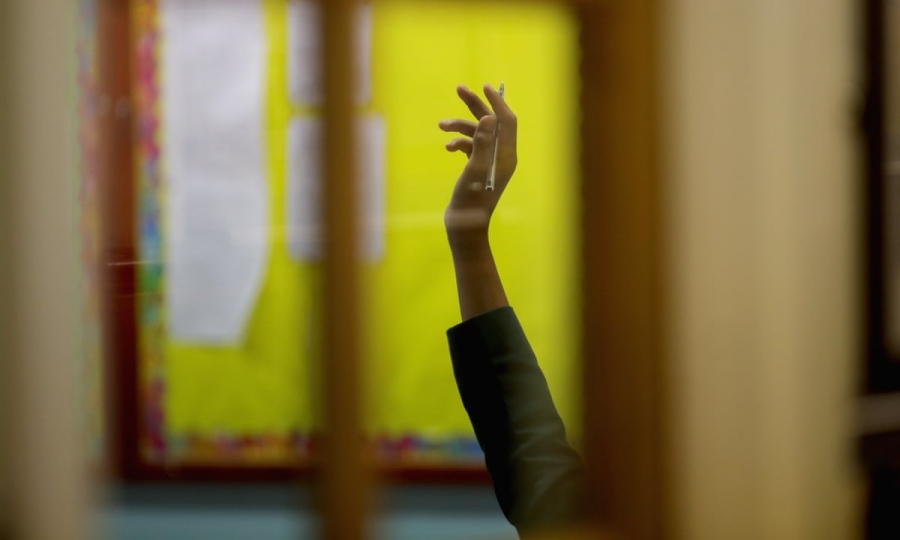At the same time, the school maintained regular and substantial communication with homes and placed an even greater emphasis on safeguarding and student welfare. As a Head of Year focusing on transition, my priority was to work to minimise the inevitable impact that lockdown would have on a successful transition from primary to high school. That involved lots of communication with parents, students and primary schools through phone calls and online conferences. It also meant providing online experiences for students through the ‘Transition Zone’ on the school website, an online Induction Day on the final Thursday before holidays, and transition activity booklets to be sent out.
Preparing to support the well-being of students in September was a key whole school focus in our final half term, and the subject for several CPDs and team meetings. We have developed a recovery curriculum for September, drawing on Barry Carpenter’s research on the ‘5 losses’ to routine, structure, friendship, opportunity and freedom following trauma. In my view, it is appropriate that schools acknowledge this trauma and work therapeutically with students to ‘recover’ from the losses brought on or exacerbated by the pandemic, whilst recognising that return to routine and structure – getting back to normal – is of real importance. How to navigate these seemingly contradictory objectives will no doubt have been a focus for many schools.
What priorities should teachers and school leaders have over the summer?
In many ways I think the answer to this question is the same as it always is. Summer needs to be a time where teachers switch off from work – and we are in a very privileged position to have this time each year in order to do that. It can definitely make us better at our jobs in the long run.
This summer, I think it will be more difficult than normal to do that. As so many have gotten used to working - at least in part - from home, that physical separation from school and home life has, to some extent, fallen away and this has certainly made it more difficult to make a ‘clean break’. I found myself checking school emails on Monday, and even absent-mindedly opening the electronic sign in sheet we had been using. In recent years, many leaders have acted to support teacher well-being by banning work emails at weekends and holidays, by giving more time for strategic planning in term time and by incorporating well-being practices into CPD and INSET days, which goes a long way.
What priorities should schools have as the new school year begins?
Teachers, leaders and schools interested in social justice and social equity need recognise the urgency of addressing prejudice and discrimination in schools. This requires schools to acknowledge that they operate within broader societal structures.
Due to the significance of the historical moment we find ourselves in today, this means leaders and teachers making anti-racism an active priority in their schools. To start, schools need to reflect and clarify what it actually means to be anti-racist as an institution. The problem isn’t going to be solved by an ‘an-assembly-here-a-lesson-there’ approach. To promote anti-racism in schools means to look at the fabric of the organisation itself, from curriculum to staff attitudes, recruitment to funding. Two facts are true of schools in England today: while 25% of pupils in English schools are from ethnic minorities, 93% of heads are white British; 62% of black Britons believe that the education system has a culture of racism. There are systemic issues that need addressing. Schools do not exist in isolation to the rest of society and are in fact often reactive agents within it. For schools to move towards becoming anti-racist, it will mean supporting societal change as a whole and recognising the voices, experiences and values of those who have traditionally been disenfranchised by mainstream education – and crucially, making this part of the way the school operates, not as a one off, impermanent measure. This will inevitably mean teachers challenging themselves and changing aspects of what they do. A priority for leaders in the next academic year is to work with staff to recognise this.


















